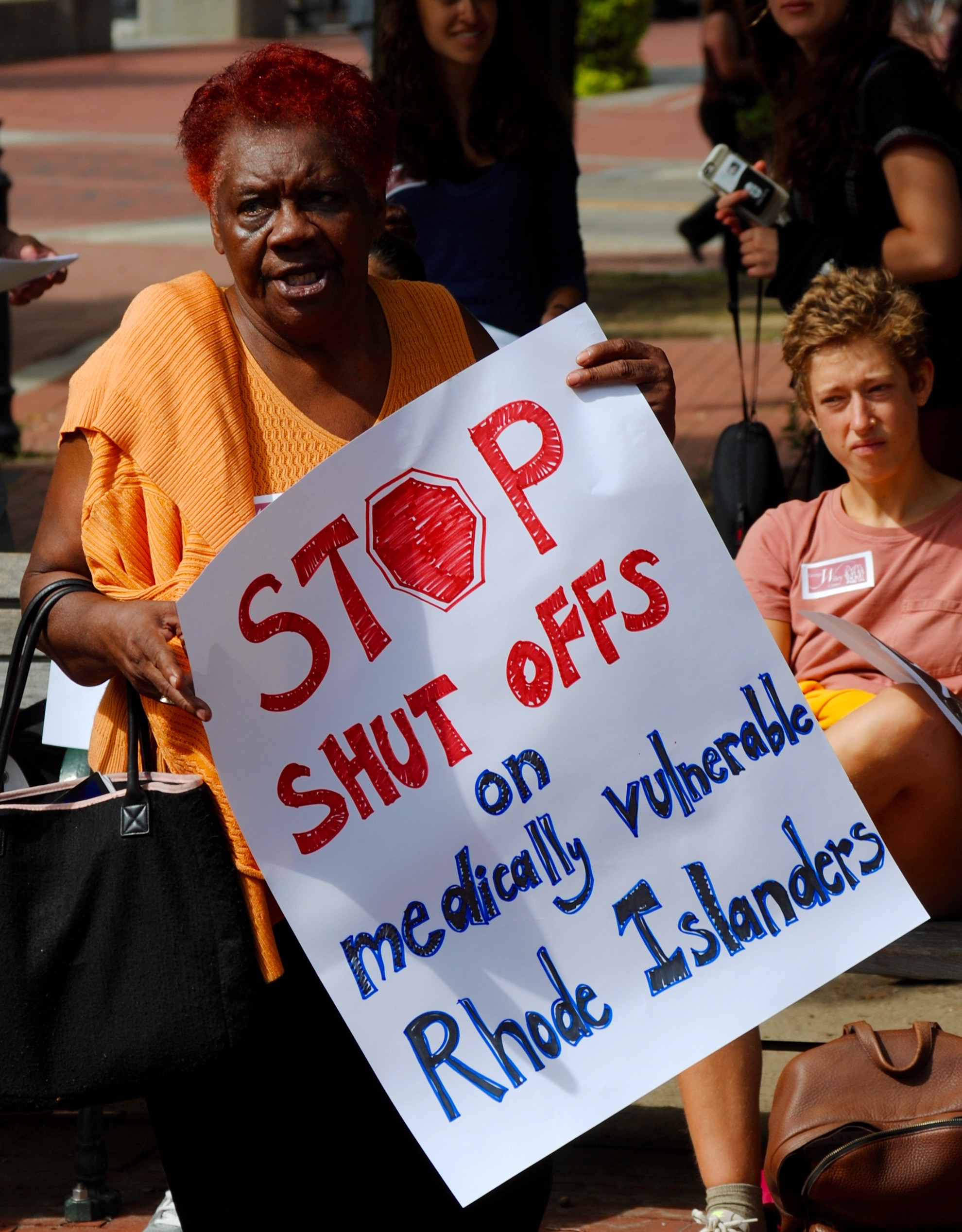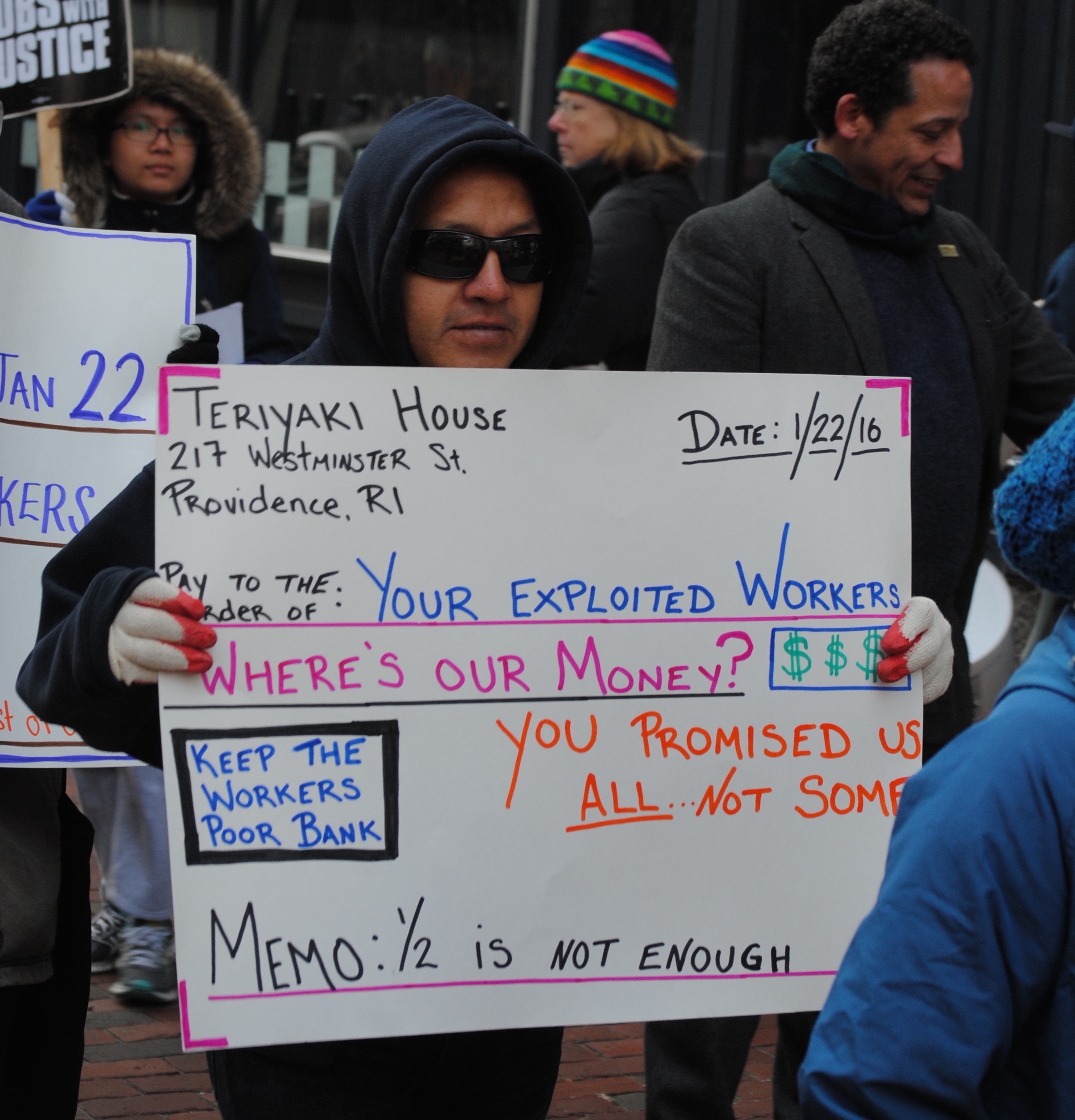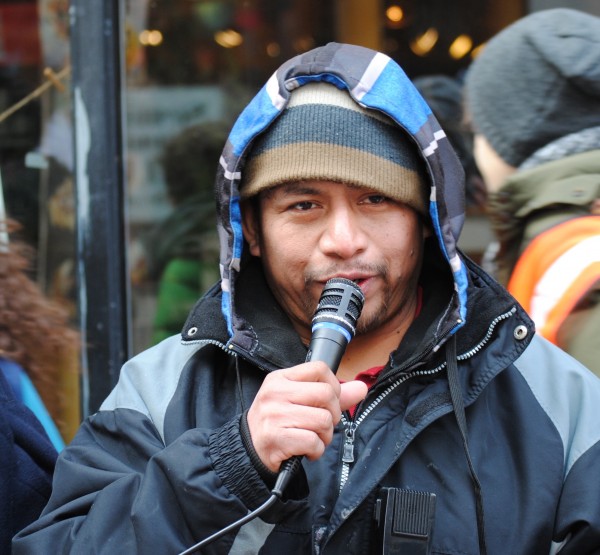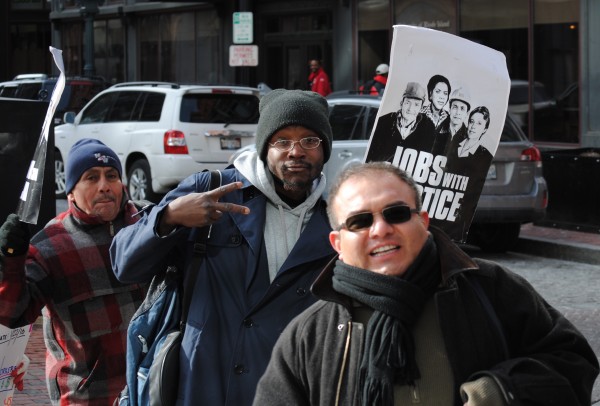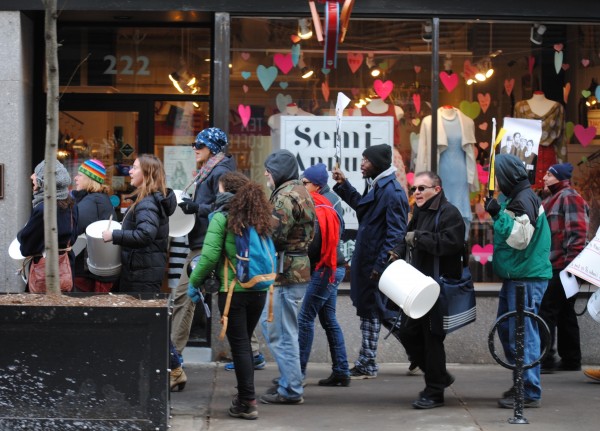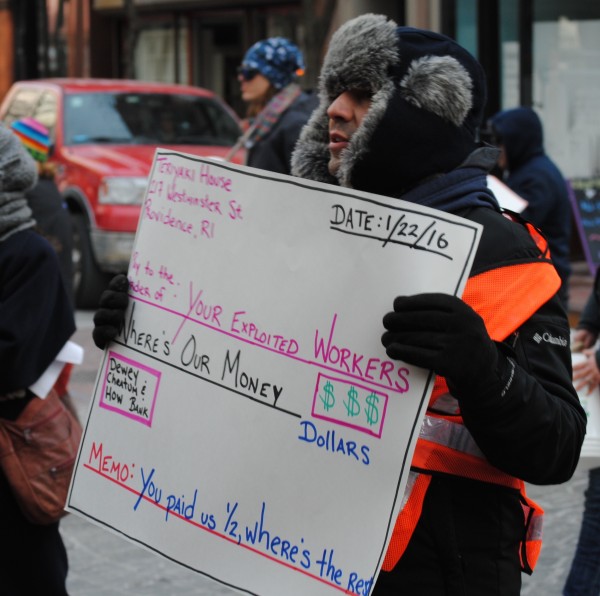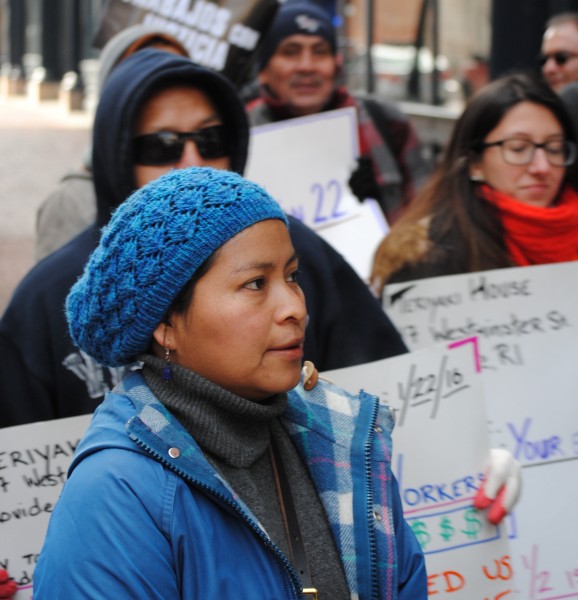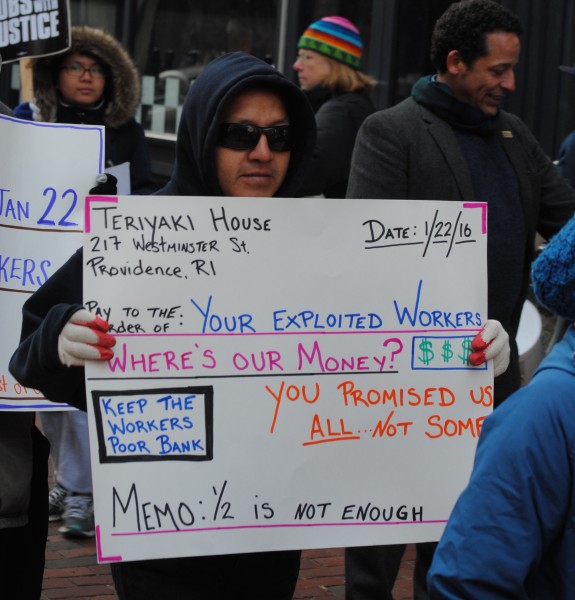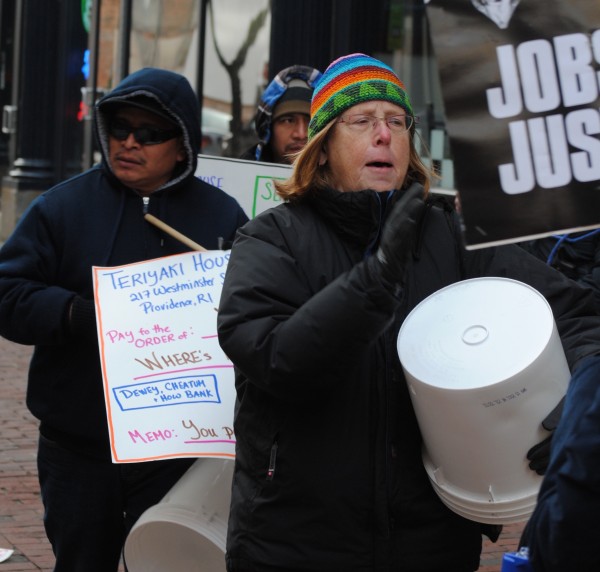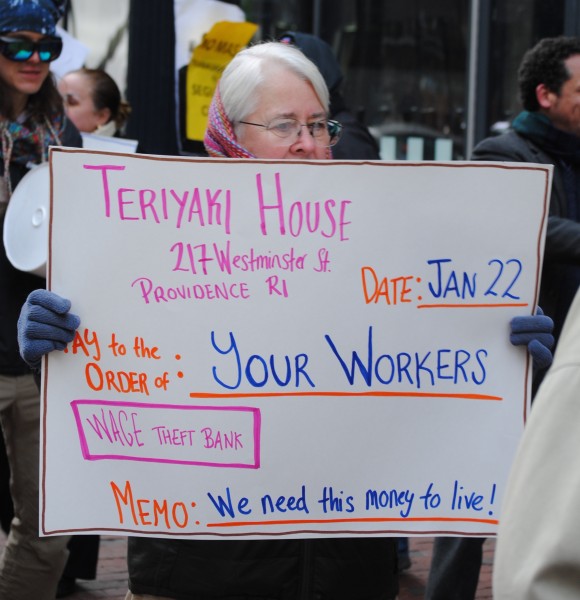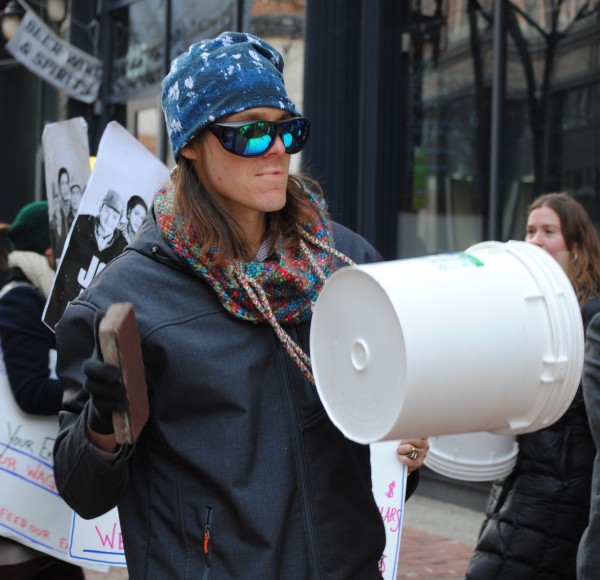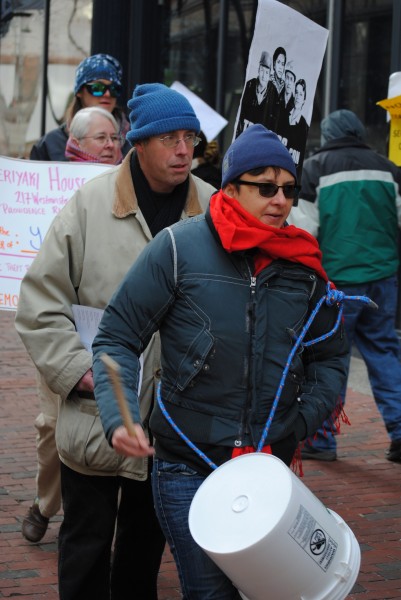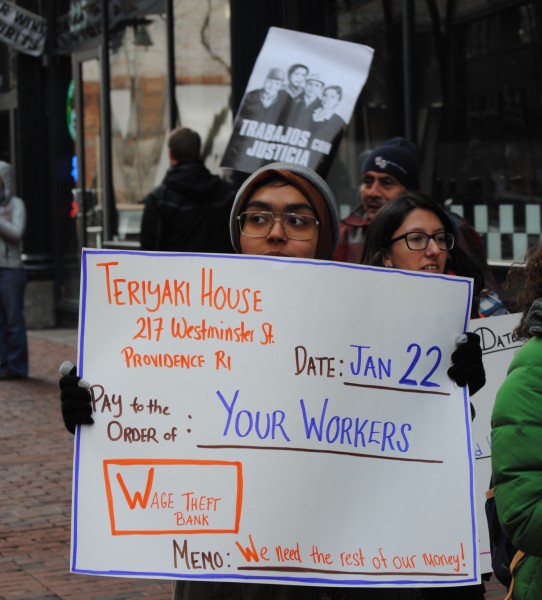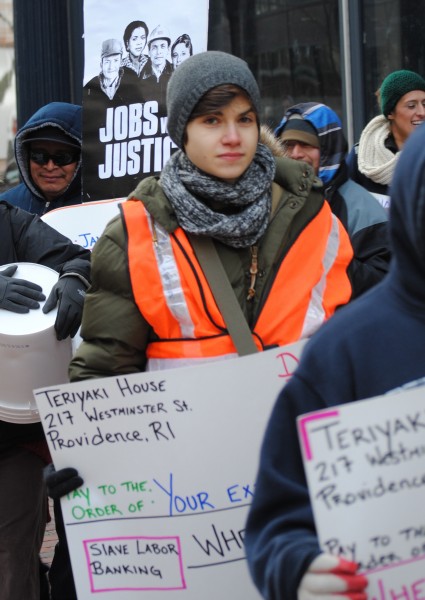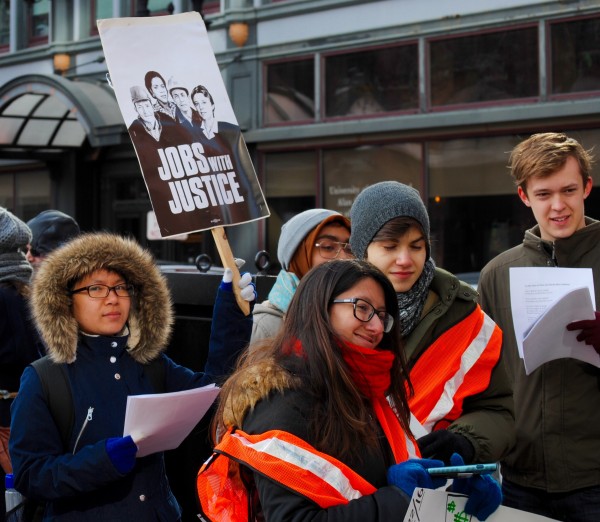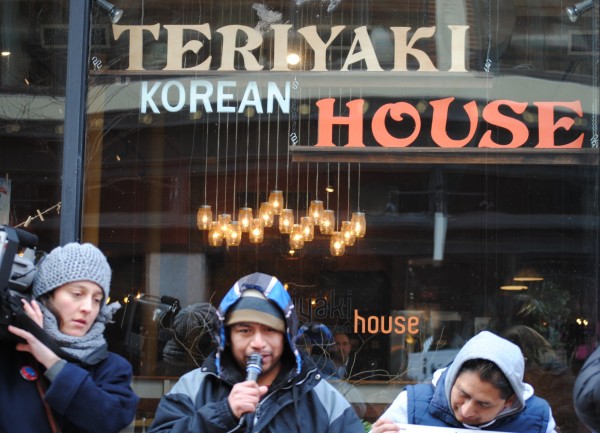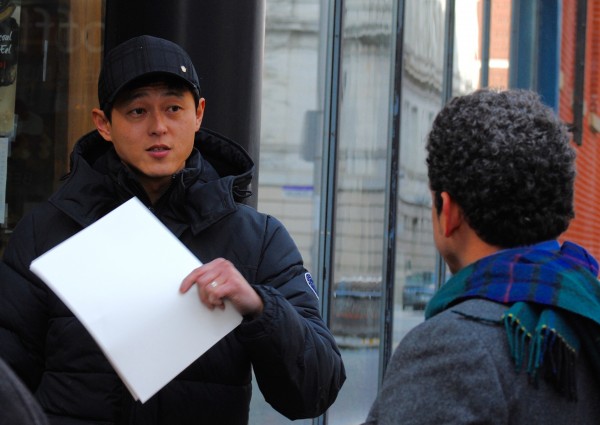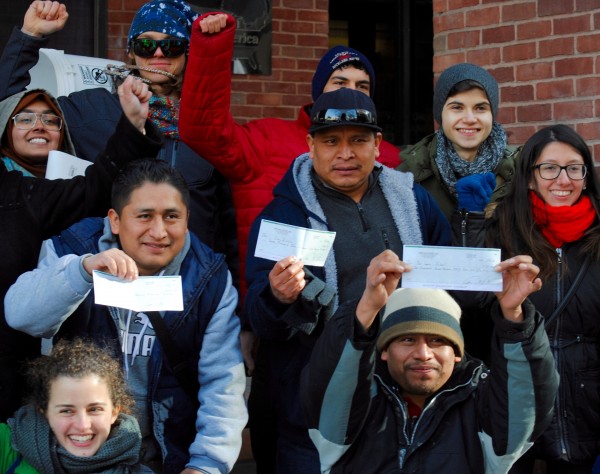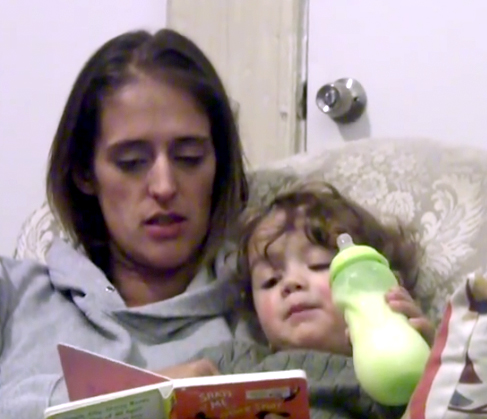 The health consequences of losing your gas or electric power are actually pretty obvious and pretty logical once you think for a minute about the many things Rhode Islanders use their electric power and gas to do. Electricity runs our light after dark and, with gas powers our heat and heats our hot water, so if you lose power you lose light and heat and hot water. Electricity powers air conditioners and refrigerators, so if you lose power you lose cooling in the summer and the ability to keep anything that needs to cooled – milk and butter and meet and fresh vegetables, but also insulin and many liquid antibiotics. In most of rural RI, in Exeter and Green and Wakefield and Foster and Scituate and Gloucester and West Greenwich and lots of other places, electricity runs the pumps that drive all our water, so when you lose electricity you lose running water all together. And electricity drives many electric devices that help maintain the health and lives of the chronically ill – ventilators and oxygen concentrators, nebulizers, CPAP and BIPAP machines, home dialysis units and intravenous fluid pumps, hospital beds and all sorts of lights, meters and monitors.
The health consequences of losing your gas or electric power are actually pretty obvious and pretty logical once you think for a minute about the many things Rhode Islanders use their electric power and gas to do. Electricity runs our light after dark and, with gas powers our heat and heats our hot water, so if you lose power you lose light and heat and hot water. Electricity powers air conditioners and refrigerators, so if you lose power you lose cooling in the summer and the ability to keep anything that needs to cooled – milk and butter and meet and fresh vegetables, but also insulin and many liquid antibiotics. In most of rural RI, in Exeter and Green and Wakefield and Foster and Scituate and Gloucester and West Greenwich and lots of other places, electricity runs the pumps that drive all our water, so when you lose electricity you lose running water all together. And electricity drives many electric devices that help maintain the health and lives of the chronically ill – ventilators and oxygen concentrators, nebulizers, CPAP and BIPAP machines, home dialysis units and intravenous fluid pumps, hospital beds and all sorts of lights, meters and monitors.
There are over 10,000 Rhode Islanders enrolled in the Rhode Island Special Needs Registry and they are all at risk from losing power. If you lose your power and you are on a ventilator, you’ll die in minutes or hours. If you lose your power and use an Oxygen concentrator or CPAP or BIPAP, you’ll get sicker and could die or may need hospitalization in days or weeks. If you lose your power and you have asthma, you won’t be able to use your nebulizer and you could die or need hospitalization. If you lose your light you lose the ability to see and follow directions so you can’t take prescribed medicine after dark, and if you lose your power and you are depressed or have a thought disorder, the darkness can become threatening and worsen the trouble you have with thinking and anxiety. If you are elderly and are unstable on your feet, losing your light means you can’t even walk in your house at night. If you have or are prone to any kind of infection, losing hot water means you can’t bath regularly and are at increased risk from skin, urinary and other sorts of infections, which can be life threatening in people with diabetes or with any disease that lowers your resistance to infection. If you live in a rural area and depend on well water, an electric cut-off means you can’t flush your toilet or wash your hands. Try staying free from infection, or controlling any chronic disease under those conditions.
There is very strong medical evidence that many elderly and infirm will die in heat waves, so that lack of air conditioning in the summer is toxic to people who are elderly or who have serious lung or heart problems, and the lack of electricity puts people on a ventilator at immediate jeopardy and the lack of electricity puts those using oxygen and those Rhode Islanders using CPAP and BIPAP at significant risk.
Interestingly, we don’t know as much about health risks of extended exposures to cold temperatures, expect to know that the elderly and infirm are at significant additional risk from extremes of temperature. I thought about that for a long time, because it doesn’t make intuitive sense – we all know that being out in the cold lowers your resistance and you can get a cold and then catch your death of pneumonia, right? And we know the one year mortality for the street sleeping homeless is about 30 percent, higher than end stage heart failure and many types of aggressive cancer – that about a third of people who sleep on the street die every year, and the street sleeping homeless experience cold temperatures though they are beset by many other kinds of health risks as well. So what gives about the lack of medical evidence and public health data about cold? Then I realized that no civilized country lets people sit in cold houses any more. So when there isn’t widespread cold exposure, we can’t study it. Maybe there is no evidence about cold because when people are cold they can put on lots of layers of clothing and that protects them. Or maybe, just maybe, the number of people exposed is small enough, thank god, that we haven’t been able to study the problem with scientific precision.
And that also means that the moratorium on utility cutoffs in the winter – that the law says people’s utilities can’t be cut off from November 15 to April 15 if they have a doctor’s letter, actually makes no sense. Elderly Rhode Islanders and Rhode Islanders with medical problems are at increased risk in the summer. So to me that means we need a moratorium on all utility cutoffs for people who are elderly or have medical problems, seven days a week, 365 days a year.
One more thing. Every time someone with a medical problem gets their power turned off, they are way more likely to end up in the hospital. The hospitalization is going to cost 10 to 50 thousand dollars or more. You know who pays for that hospitalization? Most of those folks have Medicare or Medicaid. So National Grid doesn’t pay for that hospitalization. You and I pay for it. It comes out of tax dollars. National Grid, a regulated monopoly in Rhode Island protects their bottom line, but you and I pay. And the money we spend? That’s money that we could and should be spending on education, safe and healthy housing, the environment and recreational opportunities for kids and young adults in our communities . So who really wins and who really loses, when National Grid cuts people off and the State of Rhode Island’s Division of Public Utilities lets them do that?
Like I said, the medical and health consequences of utility cut-offs are pretty obvious. If people who are ill don’t have electric power, hot water, light, heat and air-conditioning, they are going to get sicker. Some may die. And cutting off utilities to people who are ill is illegal in Rhode Island. But National Grid does that anyway, and the Division of Public Utilities lets them. Outraged, like I am? Then do one or more of these 5 things:
- If you are interested in getting involved –come to the monthly LIFELINE PROJECT meetings– the FIRST Wednesday of every month at 6 pm at the George Wiley Center (32 East Ave) in Pawtucket. Next meeting is MAY 4th at 6 pm.
- If you work at an agency that assist consumers – contact us so that we can set up a training for your staffabout the protections available under the law for medically vulnerable consumers. Contact Keally Cieslik or Camilo Viveiros
- If you are angry and outraged -write to the Division of Public Utilities and tell them so! You can also write to the AG’s office in the State and/or your elected officials. Addresses are available here today on our fliers! (fliers available in the lobby). Call the Governor’s office and the Speaker’s office and the Senate President’s Office. When the CEO of National Grid calls the Governor or Speaker or Senate President, they take his call. Don’t you think they should take your call as well? You vote. National Grid has to buy their influence.
- DONATE –the George Wiley Center and the Center for Justice need resources to continue doing this work. You can make a donation today by cash or check.
This is still a democracy. Let’s all speak up together and make National Grid respect the law.

